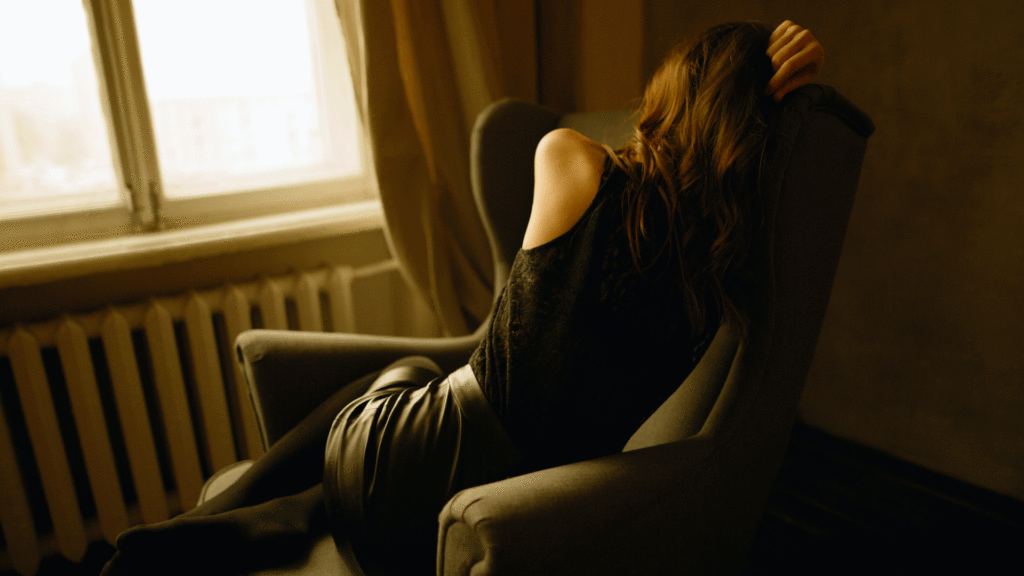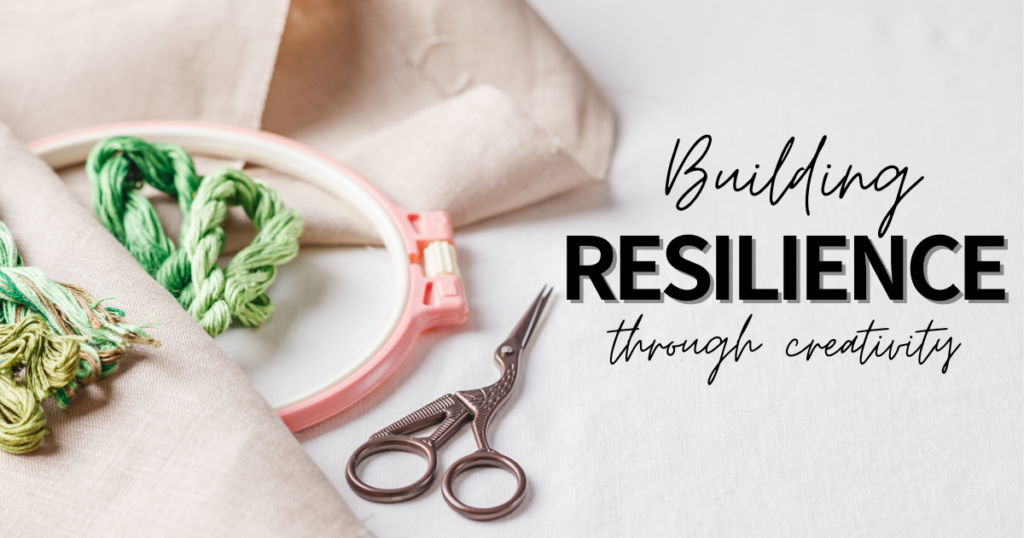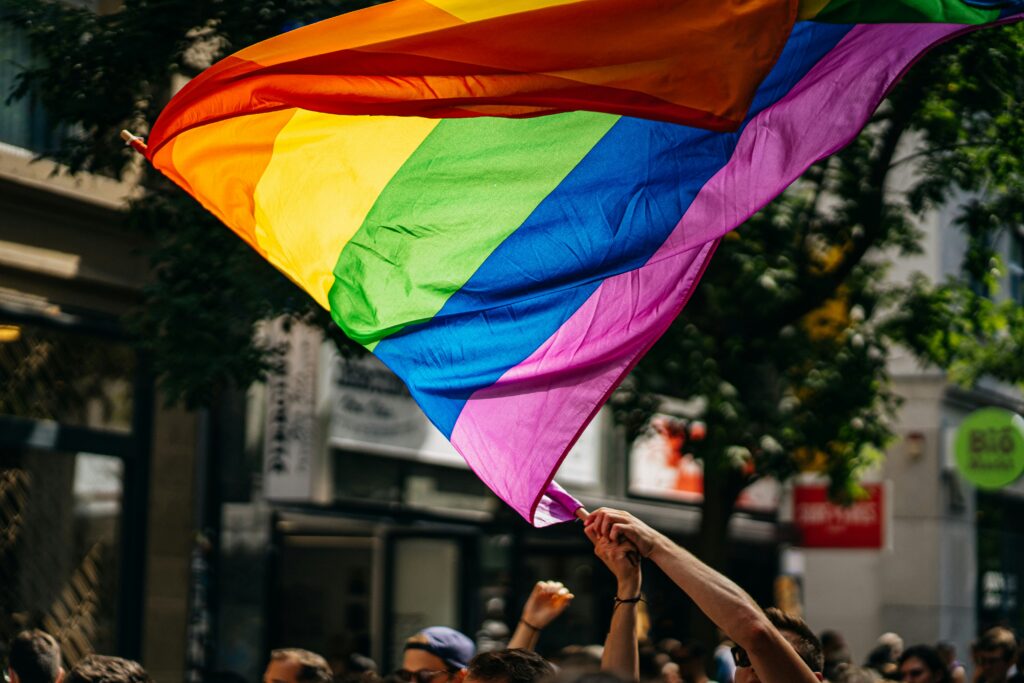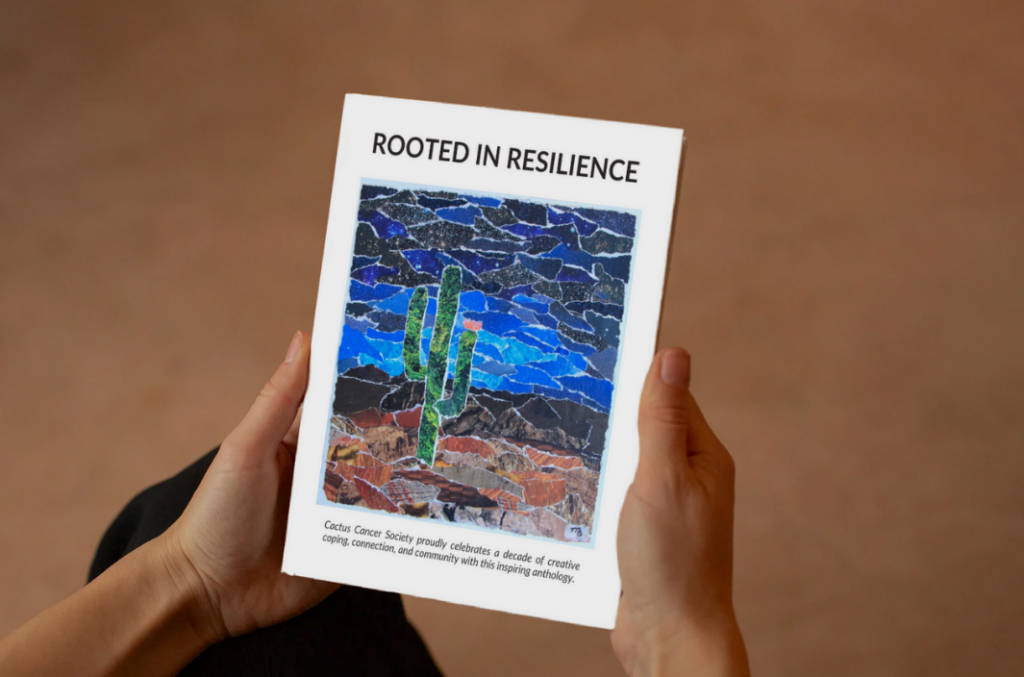Welcome to the comments and discussion of the Young Adult Cancer Book Club! We are reading Between Two Kingdoms by Suleika Jaouad. Read our participants’ reactions and follow along with us each week as we read through the book! Caution, spoilers below!
By Amanda R.:
This week I read chapters 17-23. Other than passing “yea, been there” moments, I have not connected with Suleika on an intimate or “that’s just like my story” level. Her story is not my story. Yea, I was 23 and just starting out in the “adult world,” but I wasn’t in a foreign country, I wasn’t dating anyone, I also didn’t face the same cancer. I had squamous cell carcinoma of the head and neck. It started as a callus on my tongue. Like her, I ignored it. Explained it off as having bitten my tongue too much, or burnt it on something. I do understand the world turned upside down, and the loss of self. Feeling like you don’t get a choice in what’s happening. You just do as you’re told. But my treatments weren’t the same. I started with surgery. Then a recurrence a year later. That led to another surgery and firing my surgeon for talking to me like I was 5. Then inpatient chemo and radiation for a week. A week break. Another round. Four rounds total. 528 hours of chemo and 40 rounds of radiation.
One part that just hit hard was her description of the hospital, and being able to fit in after a time. Knowing the place. Knowing what is going on in such a strange and austere environment. I get that. I can program an IV machine, and shave an hour off a week’s infusion to make it out before downtown Chicago rush hour. (So make it 525 hours of chemo.) I can read my charts, and tell new doctors exactly what it all says. I know what it all means. A part of me is weirdly proud of it. And part of me is so very mad about it.
Reading about her visit to the young adult cancer conference, I know what that was, and have been there. I missed meeting her by 2 or 3 years. It wasn’t until I was well out of treatment that I ever met another young adult survivor. And even then, it took 2 or 3 years in the young adult survivor world to find someone with my diagnosis. That’s another part of her story that doesn’t fit. What does fit is her saying she felt alone, even with others around. I was the youngest on my floor by at LEAST 30 years, and one of only two females. We may have had the same cancer, but were in very different stages of life, and had very different concerns. My family and friends didn’t understand what it was like, and how could I expect them to? I spent weeks in the hospital with a TV for company during the day, as my dad and stepmom would only spend a few hours with me each day, and then head out into the city to explore areas my stepmom had grown up. So I was there, stewing in my own thoughts. Wondering what being done would be like. Wondering how things would change. And having no answers.
I will say, reading this story, so far out from my treatments, has made me look back and think about everything that happened. I have never been a “cancer changed me” kind of person. And I’m still not. Cancer did not change me or make me a better person. It just showed me my strength. I forget that sometimes.
By Betsy B.:
In these chapters, Suleika is learning how to be more independent after her bone marrow transplant. She and Will move into their own apartment and she starts to go to her doctor’s appointments by herself. I remember the first time I went to an appointment alone. It felt like a big step in the right direction, but also scary. She also adopts her dog, Oscar. At first, she struggles to take care of him but eventually, they develop a routine and Oscar is a good companion and distraction for her. Even with the dog, she still feels isolated since Will has gone back to work. She starts to respond to messages she received from readers of her NYT column. She meets Melissa, a young woman also being treated for cancer. The two become fast friends. Suleika is grateful to have another person her age to talk to about cancer and treatment. Melissa is being treated at a children’s hospital and introduces Suleika to more young adult patients she befriends. I can totally relate to how relieved she feels to finally meet people who understand.
Meanwhile, she has finished her maintenance chemo and goes to her last appointment ready to ring a bell or receive “some kind of diploma.” But she soon finds out her doctor didn’t tell her she has to do another nine months of chemo! I can’t believe that her doctor didn’t tell her. What a betrayal. She’s devastated and afraid to tell Will because their relationship has been rocky lately. Will is struggling to be her caregiver and work full time and find time for friends and family. He tells her that he needs a break and he’s going to California to stay with his family for a while. She is angry but also feels guilty for being a burden. Although I was never in a relationship during treatment, I can understand feeling like a burden. I felt guilty that my family was spending all their time and attention on me when there was so much else going on in their lives too.
On top of everything else, she loses her first cancer friend, Johnny, and she learns Melissa’s has become terminal. Suleika visits her every day after she finishes her treatment, but Melissa is taken to hospice and passes away soon after. Suleika is heartbroken and I am too. I have lost several very important people in my life, and reading about her feelings brings up memories of my own. The last paragraph of Chapter 23 perfectly describes the way grief becomes a way of life.
“Grief is a ghost that visits without warning. … It haunts you until it becomes part of you, shadowing you breath for breath.”
By Paloma D:
I was already familiar with Suleika Jaouad because her New York Times column “Life, Interrupted” was one of the first pieces of writing that made me feel seen and understood as I stumbled through cancer treatment. I found these chapters of her book were also especially relatable for me. I began fostering dogs during the pandemic, at a point when I’d been feeling particularly low, and like Suleika experienced when she adopted Oscar, I found that it helped impose a structure to my days and forced me to get myself together. Her tale of the broken glass orb brought me back to the heightened fury I experienced during treatment—that heady mix of feeling weary, impulsive, humiliated, and savage all at the same time.
But the thing I couldn’t relate to was her cancer friendships. I had little interaction with other survivors during treatment: to be honest, I had little meaningful in-person interaction with anyone at all. I am still trying to soothe the deep wound of that isolation, but reading about her adventures with Melissa and crew made me wonder how my experience would’ve differed if I’d had a crew of my own. I had a great support network of friends throughout treatment, and I am deeply grateful for them. But for better or worse, they will never fully understand what it’s like to go through cancer as a young person, just as I will never know the pain of a cancer friend dying.
We will talk about a few chapters each week until the book is done. Once we finish the book, we’ll have an online book club discussion on Zoom to talk about general feelings from the book and anything else you’d like to discuss on November 3rd. Join in the comments every week! Also, there will probably be spoilers so read along with us! Excited about the next book club? Have any suggestions for future reads? Let us know!







